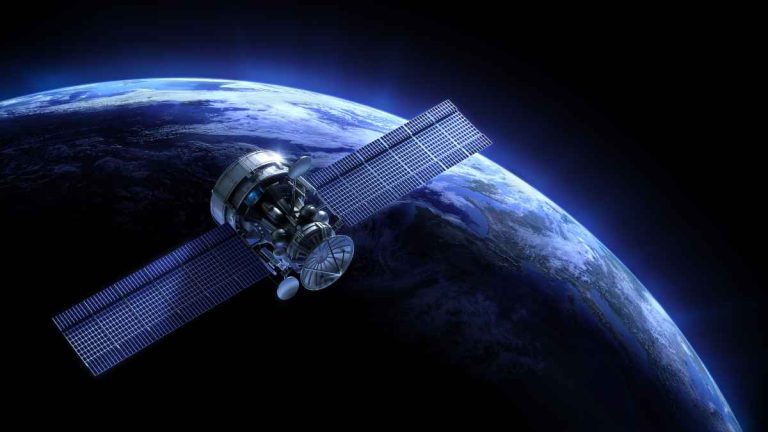Dublin-based Réaltra Space Systems Engineering has embarked on an innovative project to revolutionise satellite monitoring through artificial intelligence (AI) and machine learning (ML). The European Space Agency (ESA) has awarded Réaltra a contract to create advanced failure detection and recovery systems for satellites operating in low-Earth orbit. This collaborative effort involves Ubotica, another Dublin-based space technology firm, which will serve as a subcontractor for the initiative.
The project, entitled ‘Machine Learning-Based On-Board Autonomy,’ has already successfully completed its preliminary design review and is funded under ESA’s General Support Technology Programme. The objective is to develop a high-performance AI/ML system that can operate with low power requirements while ensuring rapid data processing through low-latency inferencing capabilities. This means that satellite data will be analysed promptly, allowing for swift responses to potential issues.
To enhance the effectiveness of the project, Réaltra plans to utilise datasets from EIRSAT-1, Ireland’s first satellite, which was launched last year. The integration of AI and ML technologies in satellite monitoring is expected to significantly lower operational costs by minimising the need for human intervention and reducing downtime. This advancement enables the real-time detection and response to anomalies, while also promoting the use of commercial off-the-shelf electronics, thereby further decreasing future avionics system costs.
Danny Gleeson, the Chief Commercial Officer of Réaltra, emphasised the importance of this project within the expanding global space economy. He stated, “As the global space economy continues to grow, we recognise the importance of developing and progressing new technologies to meet current and future demands. We are delighted to have secured this ESA project and look forward to working on new, cutting-edge space technology.”
The surge in the number of active satellites in low-Earth orbit is projected to increase dramatically, with estimates suggesting that over 60,000 satellites could be operational by 2030, compared to nearly 10,000 as of May this year. This unprecedented growth necessitates the implementation of smarter satellite technologies. James Murphy, project lead and space software and AI engineer at Réaltra, remarked, “With the advent of large satellite constellations, there is an increasing need for these satellites to become smarter. On-board AI will soon be a requirement for satellite missions to enable levels of autonomy never before seen.”
Fintan Buckley, CEO of Ubotica, highlighted the benefits of integrating space AI, stating that it not only facilitates real-time decision-making and autonomous operations but also streamlines data processing. He noted, “Solutions like space AI are pivotal in enhancing communication, situational awareness, and scalability, ensuring the expanding satellite network adapts to future needs.”
Earlier this year, two Réaltra-developed hardware technologies—a video telemetry system and a global navigation satellite system—successfully launched aboard ESA’s Ariane 6 rocket. Additionally, Ubotica recently published a research paper in collaboration with NASA, showcasing their work on ‘Dynamic Targeting’ for Earth observation, further underlining the potential of AI in developing intelligent satellite systems.
As Réaltra and Ubotica continue to pioneer AI-driven solutions, the future of satellite monitoring looks increasingly promising, paving the way for enhanced operational efficiency and longevity in space missions.


